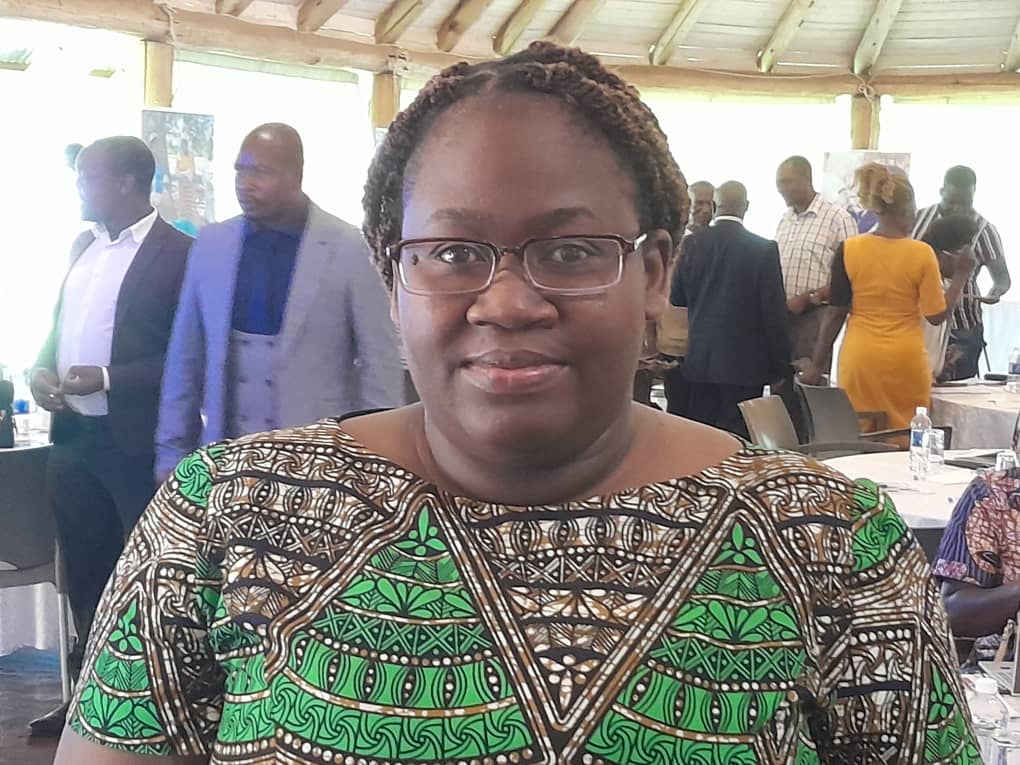Harare | Ms Sithembile Mwamakamba, the Director of Policy Research and Analysis at the Food, Agriculture and Natural Resources Policy Analysis Network (FANRPAN), emphasized the importance of encouraging vulnerable communities to develop sustainable, long-term projects instead of relying on donor funding.
Speaking at the Strengthening Climate Smart Agriculture-Resilience: Advancing Policy Dialogue event held in Harare, Mwamakamba urged communities to embrace smart agriculture initiatives that can provide lasting benefits.
During her keynote address, Mwamakamba highlighted the need for a paradigm shift in the approach to supporting vulnerable communities.
Traditionally, these communities have heavily relied on donor funding for their agricultural projects, which often leads to unsustainable outcomes once the funding dries up.
Mwamakamba stressed the importance of empowering these communities to become self-sufficient and resilient in the face of climate change and other challenges.
“We need to encourage communities not to depend on donor funding but to come up with smart agriculture projects that last longer,” Mwamakamba asserted.
She emphasized the significance of fostering innovation, collaboration, and knowledge-sharing among communities to enable them to develop sustainable agricultural practices tailored to their specific contexts.
Mwamakamba outlined several approaches to promote the engagement of vulnerable communities in long-term projects.
First, she emphasized the importance of capacity building and providing communities with the necessary skills and knowledge to implement and manage their initiatives effectively. By equipping individuals with the tools they need, these communities can develop self-sustaining projects that generate long-term benefits.
Additionally, Mwamakamba stressed the need for targeted policy interventions that support community-led initiatives.
Governments and other stakeholders should create an enabling environment by implementing policies that recognize and prioritize the needs of vulnerable communities.
This includes access to land, water resources, affordable financing options, and supportive regulatory frameworks that facilitate the growth of sustainable agriculture.
Furthermore, Mwamakamba highlighted the potential of leveraging technology and innovation to enhance the productivity and resilience of agriculture in vulnerable communities.
By embracing climate-smart agriculture practices, communities can adapt to changing climatic conditions, conserve natural resources, and increase their agricultural productivity in a sustainable manner.
For feedback and comments, please contact ZiMetro News on WhatsApp: +27 82 836 5828.

For comments, Feedback and Opinions do get in touch with our editor on WhatsApp: +44 7949 297606.


